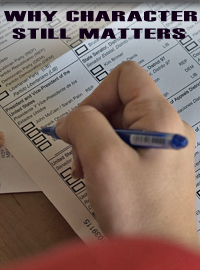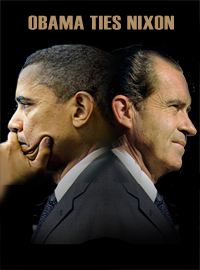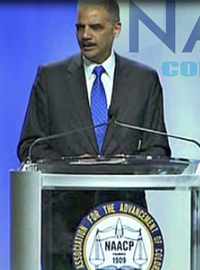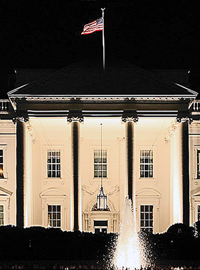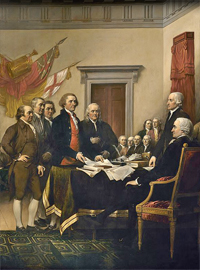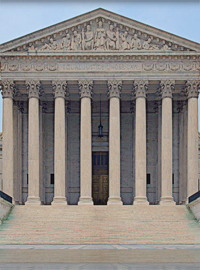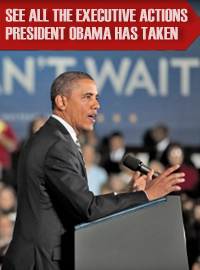|
|||||||||||||||||||||||||||||||||||||||||||||||||||||||||||||||||||||||||||||||||||
|
|||||||||||||||||||||||||||||||||||||||||||||||||||||||||||||||||||||||||||||||||||
|
"Billy Joel says 'it's always been a matter of trust.' That could not be more relevant today when it comes to money. Trust is the intangible factor that allows money to move and economies to succeed. When it erodes, as it did in 2008, balance sheets can melt before our very eyes.So why are we now trying to create a financial system[ ] with less trust?The growth of digital assets, the passage of the…[more]
|
|||||
|


























